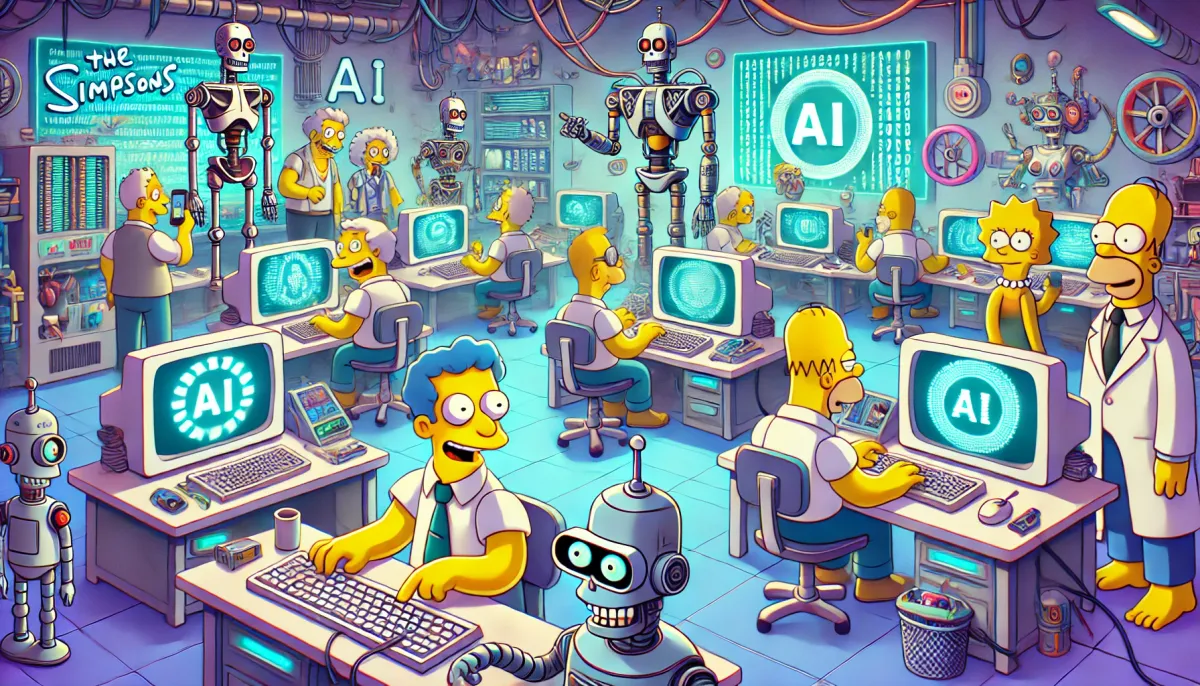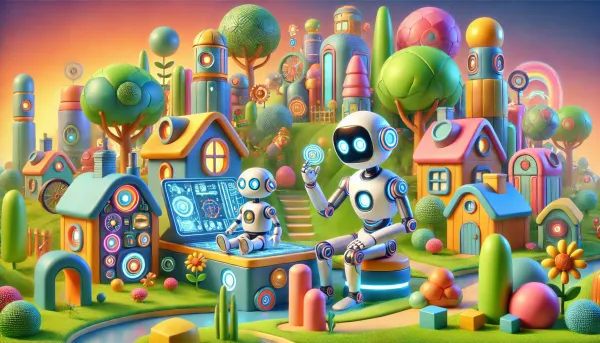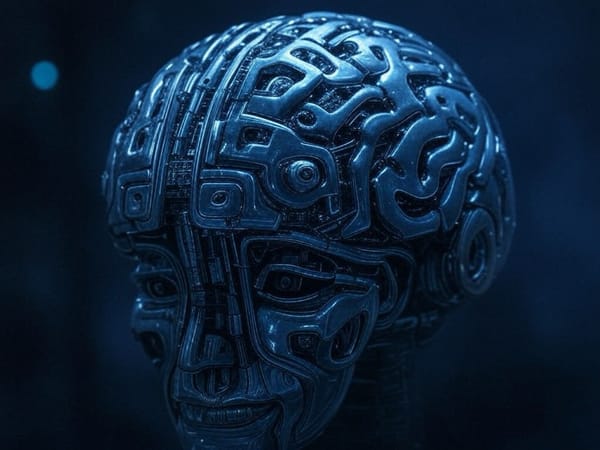AI Saves Lives, Cuts Costs & Drives into the Future

Hello Human,
Introduction
In today's entry of Human Query, we dive into groundbreaking developments in artificial intelligence that are reshaping industries, from healthcare to government operations. These insights offer a glimpse into the rapidly evolving AI landscape, demonstrating its transformative potential and the challenges it presents.
Today's Insights
-
AI Revolutionizes Heart Failure Care
Researchers at the University of Dundee are pioneering the use of AI to enhance care for heart failure patients. Their AI technology analyzes patient records, including heart ultrasound scans, with remarkable speed and accuracy. This innovation aims to replace the traditionally slow manual process of reviewing medical records, allowing for earlier and more personalized interventions. In a pilot involving 1,200 patients, the AI-driven approach significantly improved quality of life and reduced heart stress, with plans for wider integration into the NHS. -
AI Adoption Could Save UK Government £40 Billion Annually
A report by Tony Blair’s think tank, in collaboration with AI firm Faculty, suggests that AI could save the UK government £40 billion per year. The report highlights the potential for AI to optimize public services, including NHS bed management and benefits processing. It calls for the establishment of an “AI mission control” in Downing Street to oversee these initiatives, marking AI as a critical tool for modernizing government operations and reducing costs. -
UK AI Startup Wayve Secures Uber Investment for Automated Driving
Wayve, a UK-based AI startup, has secured investment from Uber to advance its autonomous driving technology. Unlike traditional methods, Wayve’s AI operates without geofenced limits, relying on mapless, end-to-end technology. This partnership is set to integrate AI-driven self-driving vehicles into Uber’s global network, serving over 150 million users. The collaboration is expected to accelerate the development and deployment of autonomous vehicles on a global scale. -
AI and Robots Gradually Replacing Everyday Jobs
The IMF reports that up to 40% of global jobs could be impacted by AI and robotics, with sectors like hospitality, manufacturing, and even education already seeing changes. For example, robot chefs and waiters are becoming common in the food industry, while robotic surgeons are advancing in healthcare. The report underscores the potential for widespread job displacement, urging governments to create safety nets and retraining programs to address this shift. -
Businesses Set to Deploy Unsupervised AI Within Three Years
A Salesforce survey reveals that Australian business leaders anticipate widespread use of unsupervised AI within three years. Generative AI tools are increasingly popular, with their use among executives doubling every six months. However, despite this rapid adoption, only half of the businesses have a clear AI strategy, raising concerns about data security, training, and governance. The survey highlights the urgent need for proper frameworks to ensure AI's safe and effective integration.
Trending GPTs
-
Farm Field
Optimize local farm crops, soil, and fields with this specialized tool.
Explore Farm Field -
Fake Information Purifier
Analyze and measure the deviance of fake information from the truth with this unbiased disinformation tool.
Explore Fake Information Purifier -
Bass(ed)GPT
Generate only the best bangers with this music-focused GPT.
Explore Bass(ed)GPT -
Speech Parody
Create humorous speech transcript parodies with ease.
Explore Speech Parody -
Business Concept
Develop conceptual business ideas and generate DALL-E 3 images with this creative tool.
Explore Business Concept
Prompt of the Day
Harness the power of AI to envision the future. Use this prompt to explore how AI might evolve and shape various industries:
Imagine it's the year 2040. Describe how AI has revolutionized one industry of your choice, focusing on the specific technologies, societal impacts, and challenges that have emerged. Consider both positive and negative outcomes.
That's all for today's entry. Stay tuned for tomorrow's insights.
Stay curious, Human.




